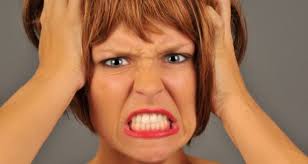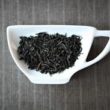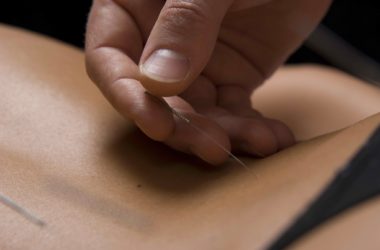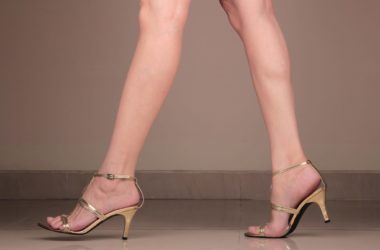Most people grind their teeth from time to time in response to stress or anxiety. Grinding your teeth once in a while usually does not cause any harm. But when teeth grinding occurs regularly, you ran the risk of damaging your teeth in addition to other complications.
Bruxism, as it is medically known, is the unconscious habit of clenching or grinding of teeth, whether awake or asleep. Psychological factors, such as stress, anxiety, tension, frustration or anger, are said to cause awake bruxism, while bruxism that occurs in sleep is considered to be a sleep-related movement disorder. It occurs most often in sleep and is most common in people with sleep disorders, sleep apnea and in sleep walkers. Other causes of bruxism include an abnormal alignment of the upper and lower teeth, missing teeth or as a response to pain or teething in children.
Bruxism in some people may be mild enough that it does not require any treatment. However, bruxism in some people can be frequent and severe enough to cause headaches, facial pain and damages to your teeth, leading to developing sensitive teeth, tooth decay and even tooth loss. Teeth grinding also tax the temporomandibular joints (TMJ), which may result in the worsening of temporomandibular disorders (TMD).
Here are some things you can do to stop your teeth grinding and minimize the pain or discomfort that comes with it.
- Wear a night guard. Your dentist can fit you with a plastic or acrylic night guard for you to wear during sleep. This device redistributes the pressure from grinding and protects your teeth from damage.
- Manage your stress. If stress is causing your teeth grinding, ask your doctor for recommendations on how to manage and reduce your stress levels. Starting an exercise program, attending stress counseling, relaxation therapy or taking muscle relaxants may be some of the options offered.
- Treat the underlying sleep disorder. If your bruxism is caused by a sleep disorder, treating it might reduce or relieve you of the grinding habit.
- Practice good sleeping habits.
- Avoid stimulating substances before you sleep, such as those containing caffeine like chocolate, colas and coffee.
- Avoid alcohol. Teeth grinding worsens after consuming alcohol.
- Do not chew on pencils or pens or anything that is not food. Limit steaks, popcorn, hard-crusted bread and gums as this allows your jaws to get more used to jaw clenching.
- Train yourself not to clench or grind your teeth. Put your tongue in between your teeth to train your jaw muscles to relax.
- Consciously keep your teeth apart. Your teeth should only touch when you’re eating or swallowing.
- Relax jaw muscles by holding a warm cloth against your cheek in front of the earlobe.













